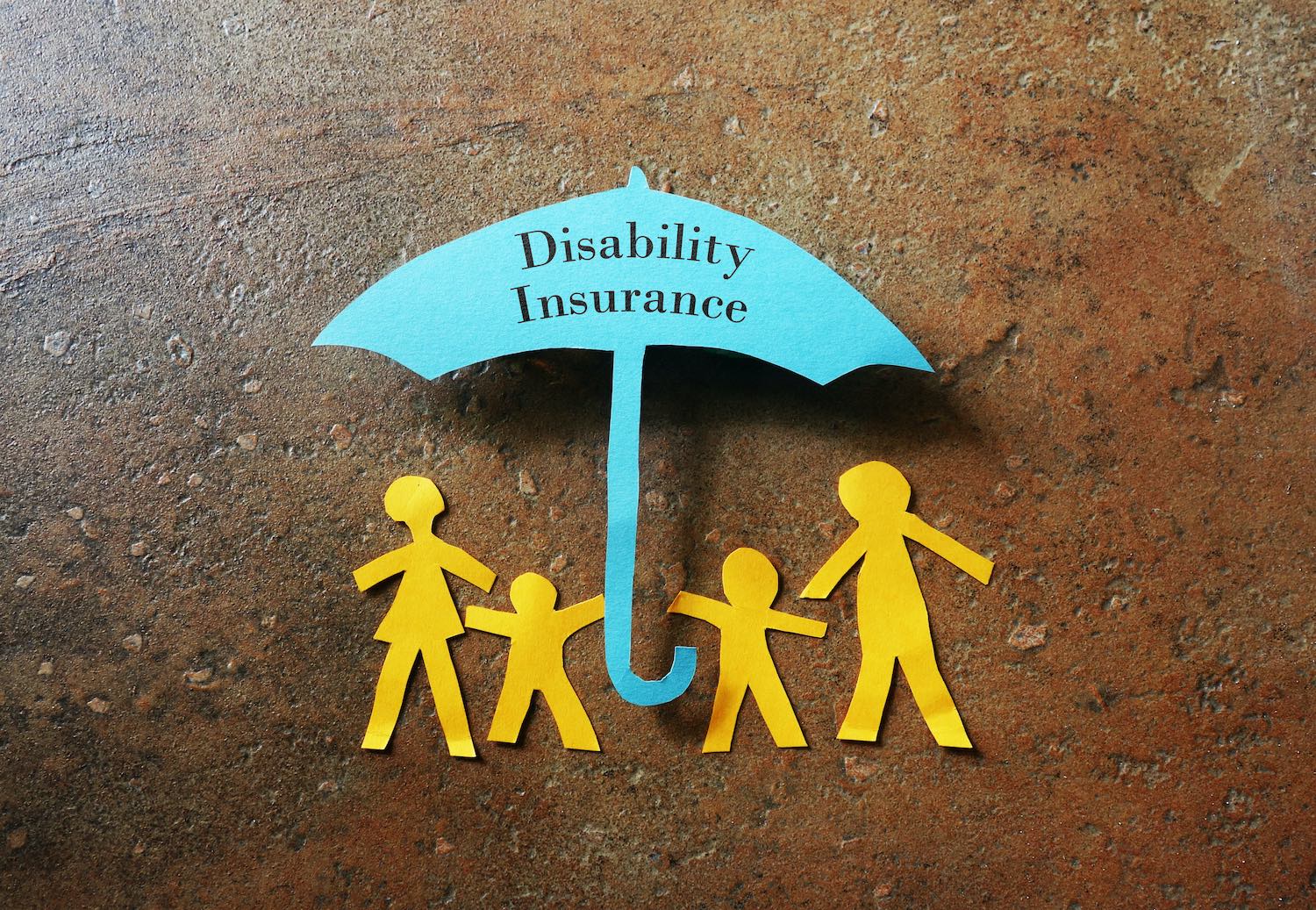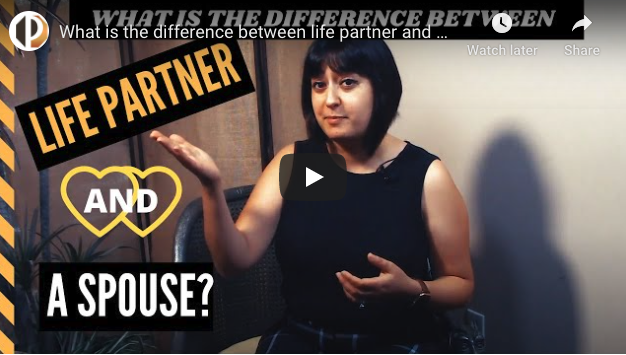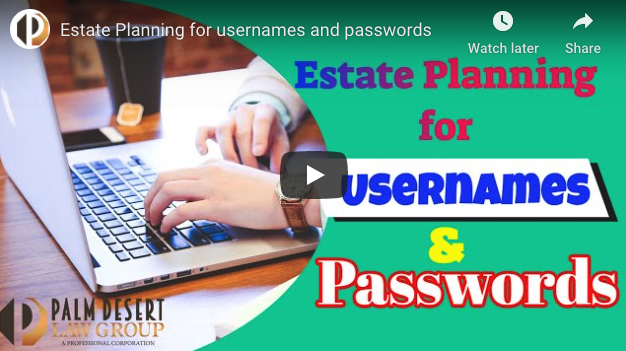Maybe you, like many of us, have been raised to think that the safest way to live in the working world is to have a good career and a steady paycheck. This financial crisis is challenging that framework for many people. Even if you had a steady job, and even if you still have one, by now you’ve learned how easy it is for that security to disappear overnight.
A recession can reveal all of our negative thoughts and internal monologues about money. A sad, yet common, attitude is for us to see money as a scarce resource, and income as something that’s outside of our control. Thinking or talking about money can trigger feelings of guilt and shame in many people.
It doesn’t have to be that way. The truth is, money is a tool that you can access and multiply, independent of anyone else’s permission. And even if you do have anxieties that keep you from seeing how money can be a positive part of your life, that can change.
Other people may react to this period of uncertainty with the same, old-fashioned advice: live within your means and keep 3–6 months’ worth of income in an emergency fund. If you have a secure job that pays you well, and that you enjoy, this is great advice. But, if that’s not what is true for you, you may be looking at this time as a great opportunity to make a shift and create your own financial security.
Consider this: what if you weren't relying on a check from your boss (or the unemployment office, as the case may be)?
What if a shift in mindset could change your relationship with money, and set you on track to secure you against economic highs and lows in a way you never even dreamed possible? Or, maybe you have been dreaming about it, but don’t know how or where to start to move it all forward.
A financial crisis doesn’t have to be a crisis for you or your family. In fact, this could be the perfect time to access the wealth of resources currently available to fund your next level of growth. It’s a time to invest in yourself, and to learn to use your gifts, skills, and talents to serve others in a big way. That way, you won’t have to depend on anyone else, including your job, corporations, or the government, to sustain you.
Whether or not you have a day job, see this moment as a wake-up call. It’s time for you to take stock of your greatest resource—yourself. What can you do that other people can’t? What can you give that other people need? Start exploring the resources within you, and you’ll realize that you’ve found your way of contributing value to the world.
Everyone has something to offer, and that offering goes far beyond just the products or services you give your potential clients. If you use your talents to become a higher earner, you can establish yourself as a leader in your community, and affect change in areas that you care about. You can contribute to the growth of your local economy by employing people, and be part of what helps pull the larger economy out of the rut that it may be in.
Even in the lowest of times, even in recessions, there have been many, many people who were able to forge their own paths and grow their wealth through entrepreneurship. You can be one of them.
Things have been tough for our lives and livelihoods, it's true, but we shouldn’t let this moment go by without considering what we can learn from it. I hope that you are learning about how to be prepared for an emergency when it comes to your savings, investments, and income, but not necessarily in the way we've been taught in the past.
As we go into this brave new world, the most important thing you can have is a high-value skill that is needed and wanted, no matter what. The next step is to create the systems and structures to offer that skill in a way that you can rely upon, no matter the ups and downs of the economy. This is a lesson that will benefit you, and that you can encourage in your family and friends, and serve as an example for your children—raising a new generation of economic and community leaders.
We are in a time when your best investment is in your resourcefulness, and your creativity, and your community. Bring these together, and your family can rely on you and what you've created, and you can trust that your children will be great, no matter what.
If you need help figuring out your next step, please call us, and we can help.
Proper estate planning can keep your family out of conflict, out of court, and out of the public eye. If you’re ready to create a comprehensive estate plan, contact us to schedule your Family Wealth Planning Session. Even if you already have a plan in place, we will review it and help you bring it up to date to avoid heartache for your family. Schedule online today.






